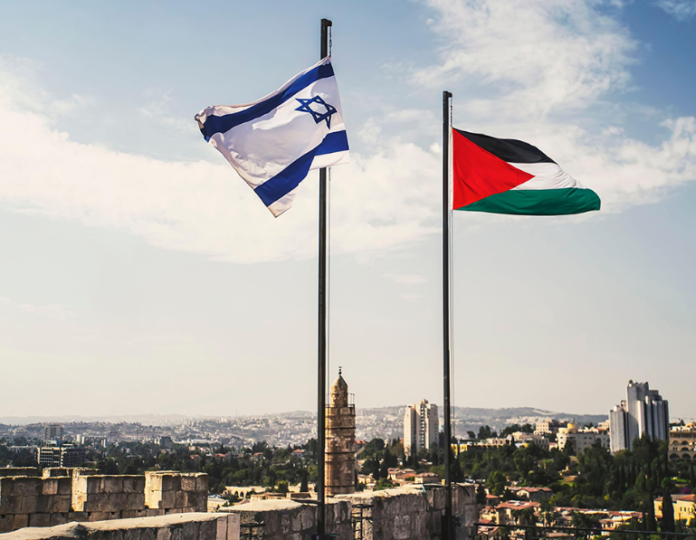RAMALLAH, Aug 12 – Palestinian Authority President Mahmoud Abbas has reiterated his call for the implementation of a two-state solution as the key to achieving lasting stability and security in the Middle East. Speaking on the matter, Abbas emphasized the necessity of establishing two states based on international law, with Israel withdrawing from territories it has occupied since 1967 and recognizing East Jerusalem as the capital of a future Palestinian state.
Abbas also criticized the current Israeli government, labelling it as extremist and accusing it of fueling tensions and committing atrocities in Gaza, the West Bank, and Jerusalem. He urged Israel to embrace the two-state solution in accordance with international law and the Arab Peace Initiative.
Abbas is scheduled to meet with Russian President Vladimir Putin during an official visit to Russia, where the two leaders are expected to discuss the ongoing conflict and efforts toward peace.
Understanding the Two-State Solution
The two-state solution is a proposed framework for resolving the Israeli-Palestinian conflict, aiming to establish two separate and sovereign states: Israel and Palestine. This approach envisions the creation of an independent Palestinian state alongside Israel, with both states coexisting peacefully.
Key Components
- Borders: The solution generally advocates for the borders of the two states to be based on pre-1967 lines, with potential land swaps to account for new realities on the ground.
- Jerusalem: A central issue in the negotiations is the status of Jerusalem. The proposal often includes provisions for East Jerusalem to serve as the capital of the Palestinian state, while Israel maintains West Jerusalem as its capital.
- Security: Both sides are expected to ensure security arrangements that address the concerns of each state, aiming to prevent violence and maintain stability in the region.
- Refugees: The issue of Palestinian refugees is another critical component, with discussions focusing on the right of return, compensation, and resettlement options.
- Recognition and Normalization: For the two-state solution to be viable, mutual recognition between Israel and Palestine is essential, alongside normalization of relations and cooperation in various sectors.
Historical Context
The concept of a two-state solution has been a central focus of numerous peace initiatives and negotiations, including the Oslo Accords in the 1990s and the subsequent peace talks. Despite several attempts to reach a resolution, substantial challenges remain, including disagreements over borders, the status of Jerusalem, and security arrangements.
Current Status
The two-state solution remains a widely endorsed approach in international diplomacy, supported by various global actors and organizations. However, ongoing conflicts, political instability, and shifting dynamics in the region continue to impact progress toward this goal.



